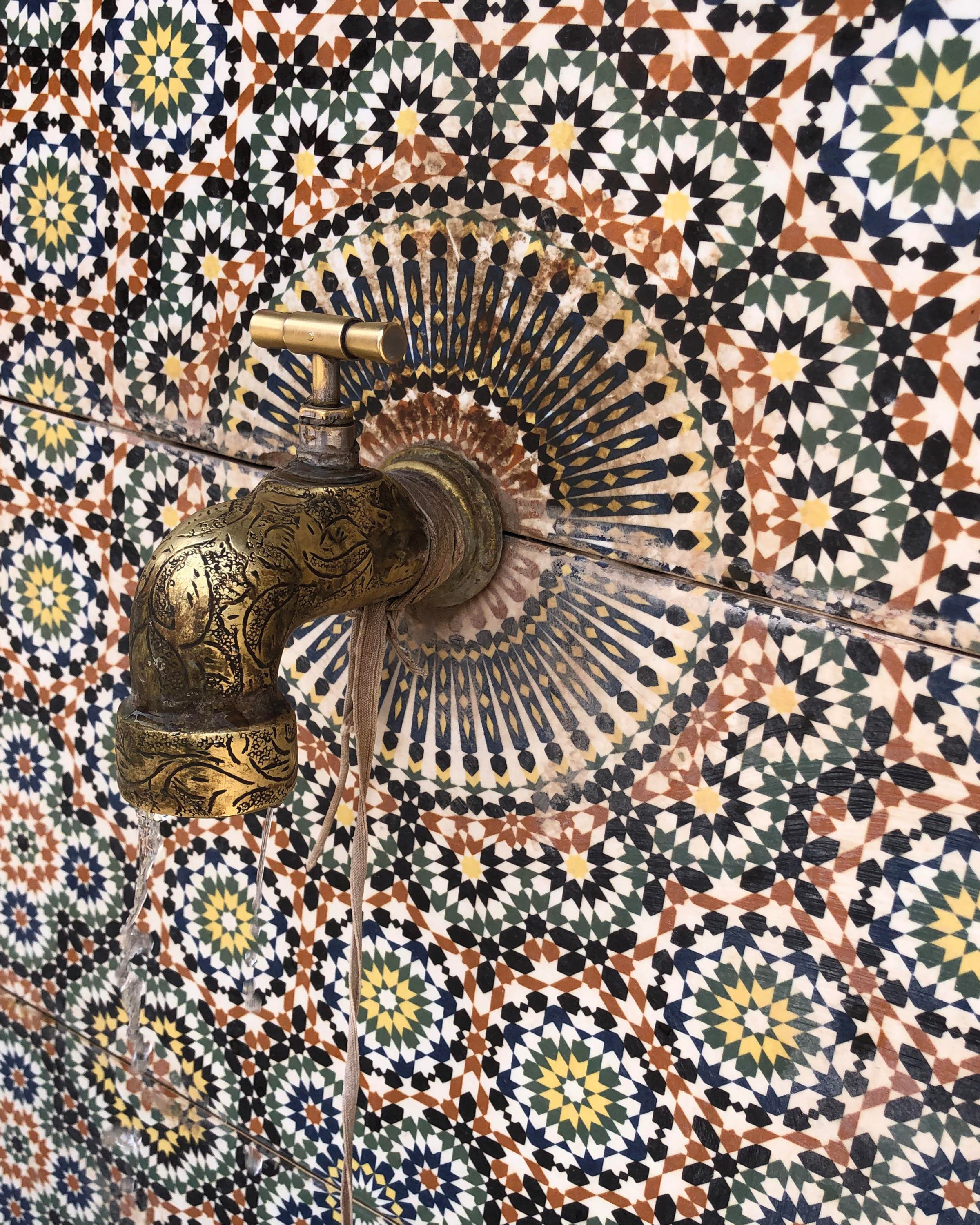

Downloads
DOI:
https://doi.org/10.58981/bluepapers.2023.1.03Published
Issue
Section
License
Copyright (c) 2023 Eddy Moors

This work is licensed under a Creative Commons Attribution 4.0 International License.
How to Cite
Abstract
In 2020 UN Water, the entity coordinating the United Nations’ work on water and sanitation, identified capacity development as one of the five accelerators required to achieve the Sustainable Development Goal on Clean Water and Sanitation (SDG 6). In today’s practical application, capacity development is mostly financed to deliver a product specified in advance, not to arrange a longer time frame and process to structurally learn from various activities and discover sustainable development paths (Alaerts and Zevenbergen 2022). The inclusion of traditional knowledge and cultural heritage in our joint-learning efforts will help us enlarge capacity for a more sustainable culture of water.
References
Aklan, Musaed, Charlotte de Fraiture, Laszlo G. Hayde and Marwan Moharam. 2022. “Why Indigenous Water Systems are Declining and How to Revive Them: A Rough Set Analysis.” Journal of Arid Environments 202: 104765. https://doi.org/10.1016/j.jaridenv.2022.104765.
Alaerts, G.J., and C. Zevenbergen. 2022. “Editorial: From Knowledge and Capacity Development to an implementation Science: Policy Concepts and Operational Approaches.” Water Policy 24, no. 5: v-x. https://doi.org/10.2166/wp.2022.002 .
IPCC. 2022. Climate Change 2022: Impacts, Adaptation, and Vulnerability. Contribution of Working Group II to the Sixth Assessment Report of the Intergovernmental Panel on Climate Change, edited by H. O. Pörtner, D. C. Roberts, M. Tignor, E. S. Poloczanska, K. Mintenbeck, A. Alegría, M. Craig, S. Langsdorf, S. Löschke, V. Möller, A. Okem and B. Rama. Cambridge: Cambridge University Press. https://doi.org/10.1017/9781009325844.
OECD. 2006. Applying Strategic Environmental Assessment: Good Practice Guidance for Development Co-operation. Paris: OECD.
Power, Colin. 2015. The Power of Education Revisited: Education for All, Development, Globalisation and UNESCO. Cham: Springer.
Thapa, Anusha, Ghanashyam Khanal, Sushanta Kumar Mahapatra, Niranjan Devkota, Surendra Mahato, Udaya Raj Paudel, et al. 2022. “Identifying Determinants of Sustainable Water Management at the Household Level through Rainwater Harvesting Systems in Nepal.” Water Policy 24, no. 10: 1676. https://doi.org/10.2166/wp.2022.113.
UN Water. 2020. “The Role of Engineers in the Effort to Achieve SDG 6: A White Paper.” https://www.unwater.org/sites/default/files/app/uploads/2020/09/The-role-of-engineers-in-the-effort-to-achieve-SDG-6.pdf
WAMU-NET. n.d. “The Global Network of Water Museums.” Accessed 15 March 2020. https://www.watermuseums.net/.


